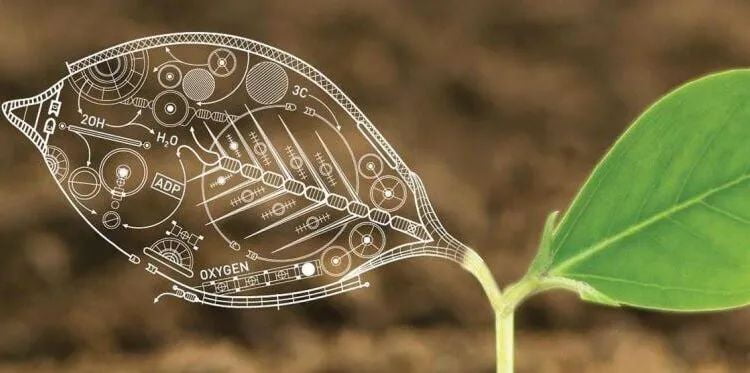Fermbox Bio, a company specializing in the development and production of solutions using synthetic biology, has introduced a new product called Enzyme. Enzymes are special enzyme blends (called cocktails) that help break down waste plant material such as corn stalks and leaves into usable sugars.

These sugars can be fermented to produce second-generation (2G) ethanol, a biofuel that can be used in automobiles and help reduce dependence on fossil fuels. This is a major advantage of traditional ethanol, which sometimes competes with food production for land.
Our biomanufacturing model is designed to provide a tailor-made solution for each plant, both on and off site, to produce and supply our enzymes to our customers,” explains Mr. Ramachandrappa. "This flexibility meets the needs of both large and small scale operations, streamlining processes, reducing inventory and increasing efficiency. It can accommodate fluctuating demand and maximize resource utilization."
These sugars can also be used as a food source for microorganisms in a process called precision fermentation. These microbes can then produce a variety of valuable bio-based products such as colors, flavors, and even novel proteins, all without the need to use land to grow food crops.
Dr. Ling Hua, former SVP of Clariant Biotechnology, shared, “The ability of Clariant enzymes to convert non-food agricultural residues into high-value cellulosic sugars marks a critical step towards a circular bioeconomy.”
ZYME makes it more efficient and cost-effective to convert waste plant material into usable sugars. By facilitating the utilization of waste materials and reducing dependence on food crops, the new enzyme offers a more sustainable approach to biofuel and bioproduct production.
Demand for 2G ethanol and bio-based products is growing rapidly, driven by climate change concerns and government initiatives. The launch of the new enzyme gives Fermbox Bio a key role in this growing market.

